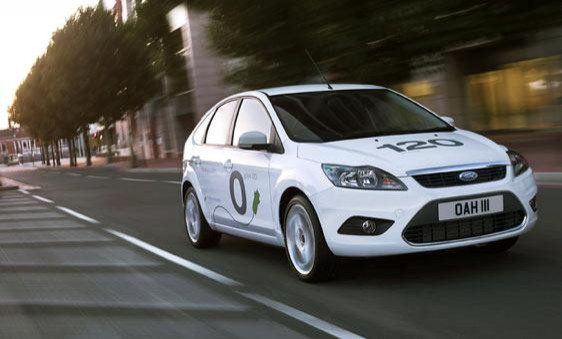Interest in electric cars is growing, but practical concerns remain: Survey

The influential nonprofit organization, the Consumer Reports, which publishes guides on everything from cars to TVs, said in a report, released on Tuesday, that the electrification of the car is grabbing the attention of more consumers.
Among the nationwide survey of 1,713 adult car owners in United States, 39 percent of car shoppers are considering a hybrid or electric vehicle for their next new-car purchase. Of that group, 60 percent are looking to a regular hybrid, 16 percent are drawn to a plug-in hybrid, and a similar 14 percent are contemplating a full-electric car.
However, 94 percent find green cars in general lacking in some way, citing a high purchase price, inadequate energy infrastructure, and limited driving range as chief concerns, the survey said.
Overall, 63 percent expect to get a significant increase in fuel economy, regardless of the type of vehicle they buy. Only 67 percent said they are considering a traditional gasoline engine in their next new-car purchase, which may reflect a growing optimism regarding the availability of competitive green cars, report said.
Men strongly favor plug-in hybrids and electric cars while women see greater appeal in regular hybrids.
In addition to hybrids and electric cars, a significant number of consumers also said they would consider other alternative fuels:
* 35 percent said they would consider a flexible-fuel vehicle, one that can run on either gasoline or E85, which is a mixture of 85 percent renewable ethanol and 15 percent gasoline.
* 19 percent said they would consider natural gas or propane-a fuel resource that is abundant in North America.
* 16 percent would consider a hydrogen fuel-cell vehicle.
* Only 14 percent said they would consider a diesel-powered vehicle, despite the well-developed infrastructure and relatively broad model selection.
* Of those who would consider a diesel, more than half (57 percent) said they would use biodiesel fuel.
The survey also says that people are choosing green cars as 26% of respondents say it would reduce dependence on foreign oil. The other perceived benefits are lowering emissions/air pollution (21 percent), higher fuel efficiency (14 percent), combating global warming (8 percent), reducing national oil consumption 8 percent, and cutting the carbon footprint (8 percent).
Going green can be both noble and economics-driven, but alternative fuels have limitations. Depending on the fuel, the cost, availability, and performance can all be real concerns. Survey respondents agree, with a high purchase price cited as the chief disadvantage, by men and women alike, in choosing an environmentally friendly or green vehicle.
Other reasons are listed in the table below:
Green car disadvantages | Percentage |
High purchase price | 66% |
Inadequate refueling or recharging infrastructure | 60% |
Limited driving range | 58% |
Few choices available | 48% |
Underpowered | 48% |
Unproven reliability | 48% |
Not enough room for passengers and cargo | 48% |
Battery disposal for hybrid and electric cars | 48% |
Safety concerns | 37% |
The magazine's influential buyer guide is widely used by buyers to judge car reliability. The car reliability ratings put out by the magazine is considered as the third important key factor to determine a vehicle purchase decision by a US citizen after brand loyalty and recommendations from friends and family.
© Copyright IBTimes 2024. All rights reserved.





















